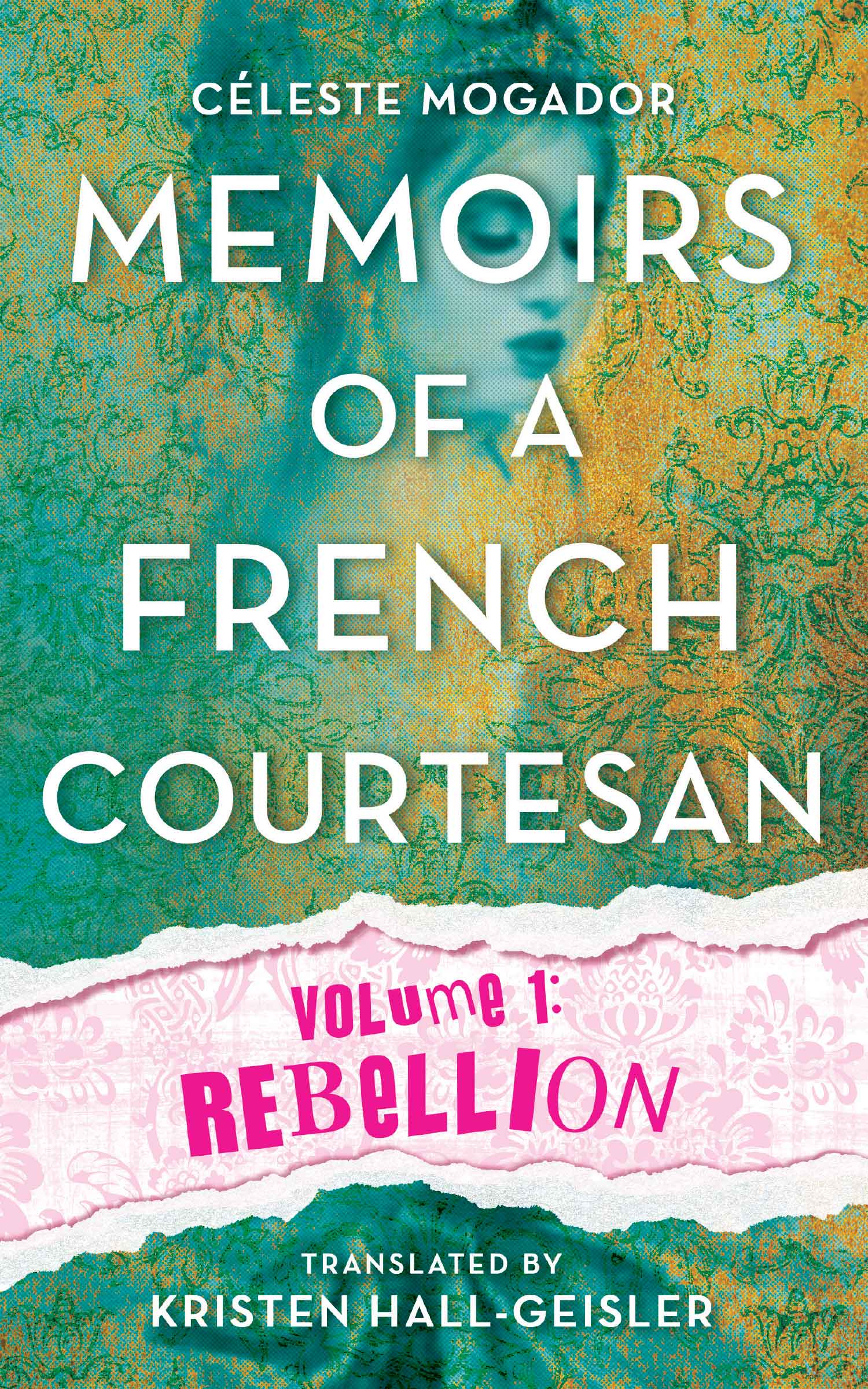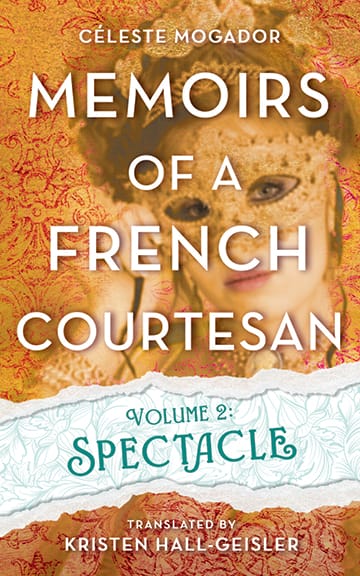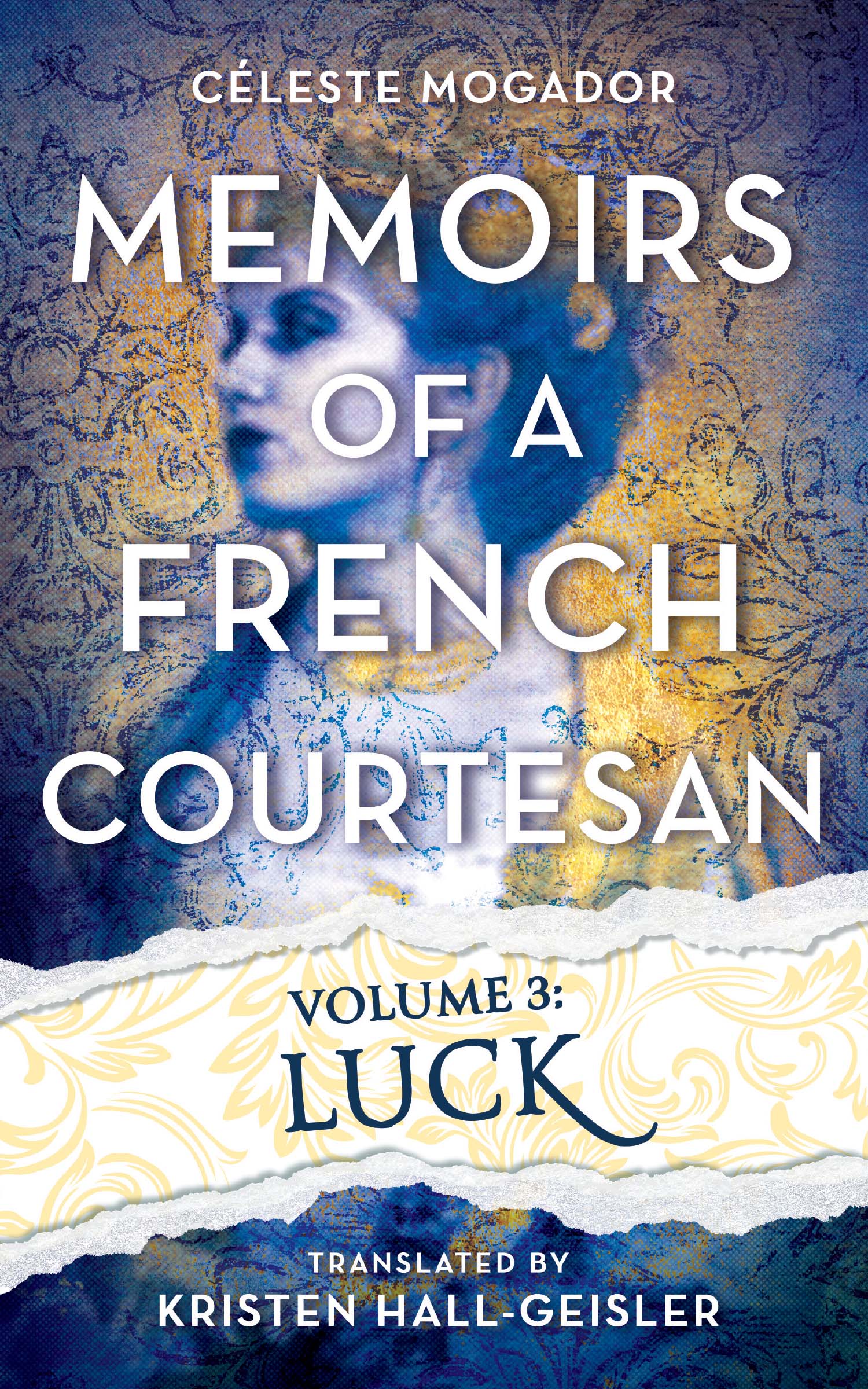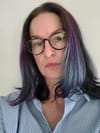August 2025 Reading Roundup
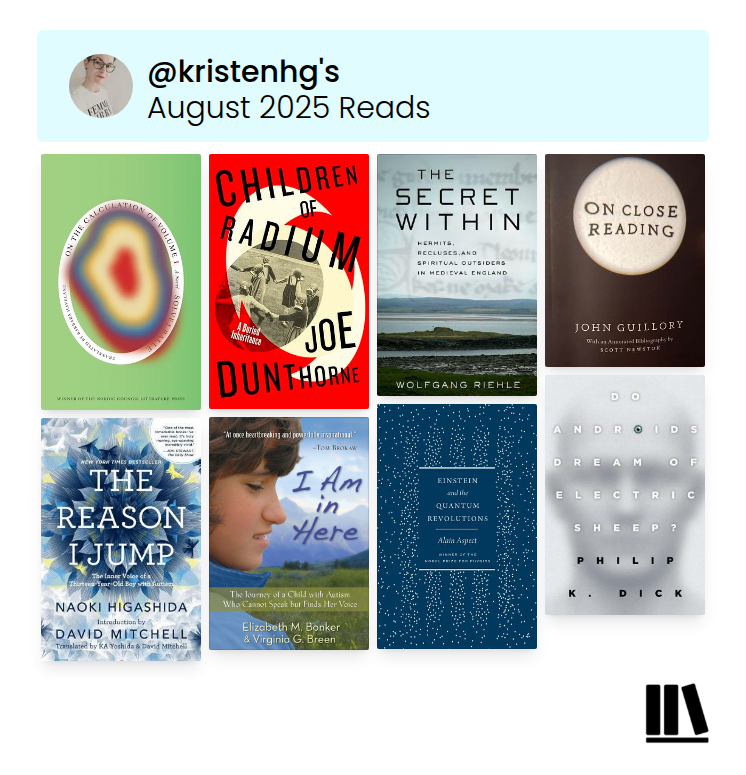
It was a month of short books, so it looks like a read a whole lot, which I guess I kind of did. A few of those books were read quickly and with a particular purpose. And as readers of my sort-of-secret email-only diary-esque newsletter know, I'm already reading A Place of Greater Safety, Hilary Mantel's doorstopper about the 1789 French Revolution.
(How does one get in on this sort-of-secret email-only diary-esque newsletter, called "Sawdust"? One opens their Wingback Workshop newsletters regularly. That's it. It's not for paid subscribers or personal friends only. "Sawdust" is a weekly newsletter sent directly to readers who already like my work and are game to read a bit more of how it all happens behind the literary curtain.)
I picked On the Calculation of Volume I by Solvej Balle off the TBR pile on a whim, and now I am obsessed. I have Volume II, but I'm making myself hold off for a minute. I've preordered Volume III of the seven that will make up the whole work. I desperately want to binge these, but I can't. Killing me.
I had heard good things about Joe Dunthorne's Children of Radium, so I added this to my holds list at the library. When it came through, I had just finished Balle's novel, so this memoir/creative nonfiction/investigative journalism thing seemed like a big enough swerve to get out of the book hangover I had. It worked! This is an excellent book, and far more wryly humorous than you might expect for a family history about a Jewish ancestor who made chemicals for the Nazi military.
The Secret Within: Hermits, Recluses, and Spiritual Outsiders in Medieval England by Wolfgang Riehle was a title I picked up as research for my book proposal (and eventually the book that will come out of that proposal). It was both good and useful, but the really interesting thing for me was that I disagreed with some parts. That was evidence that yes, I do know enough about medieval recluses and the literature that pertains to them to have opinions and even knowledgeable disagreements with other experts in this field. This is something my thesis director kept telling me, that I am also an expert and that I need to share my original ideas and conclusions, even if they don't agree with a few of the other scholars writing on this topic. It took a while to sink in.
On Close Reading by the prominent literary critic John Guillory is a short read about a century-old practice that has gone in and out of favor. I like close reading myself, but I also get a bit frustrated when close reading excludes cultural knowledge. Sometimes the things on the page clearly refer to events off the page; am I supposed to ignore that? I've never gotten a straight answer, or the same answer from two people. The most useful thing I took from this book is the idea of close reading vs. immersive reading. Close reading is what we do when we want to analyze a text in a critical manner; immersive text is what we do when we want to fall into a story and be carried away, like a normal person. Mantel is immersive reading for me.
I have an editing client that I'll be working with this fall who referenced The Reason I Jump by Naoki Higashida and I Am in Here by Elizabeth Bonker and Virginia Breen as influences on his work, in different ways. The first has a format he liked, and the second is by a person he has worked with on the board of an organization. I could see why he referenced them, as all three authors share the fact that speech is not always available to them for communicating, but otherwise, his book will be quite different, I think.
Einstein and the Quantum Revolution by Alain Aspect is one of those books where I cannot for the life of me remember why I picked it up, but I do love reading about quantum physics, and you really can't go wrong with some Einstein. Aspect is a Nobel-winning physicist who works with quantum entanglement, and I found this a reasonably easy read given the subject. I will say, given that Aspect is French, that I read it in English.
I've read Phil Dick's Do Androids Dream of Electric Sheep? a couple of times, and I've seen Blade Runner, the movie based on the novel, a lot of times. But I have an idea for an article about telling humans from machines, so rereading this was an no-brainer. I got an ebook copy from the library and did a close read (not an immersive read). I knew what I was looking for: passages that would support my argument in the article. So read with stylus in hand, underlining and highlighting as I went. The fact that this is a library book is helpful: I have to draft the article and pull the relevant quotes ASAP, before it's snatched off my Kobo in the dead of night, along with all of my highlights. (If I were to borrow it again, they'd all be there, but I might as well strike while the idea iron is hot.)
Links to stuff in this post:
(I receive an affiliate commission from Bookshop.org if you order using these links. Thank you!)
- On the Calculation of Volume I, Solvej Balle: https://bookshop.org/a/7065/9780811237253
- Children of Radium, Joe Dunthorne: https://bookshop.org/a/7065/9781982180751
- The Secret Within, Wolfgang Riehle: https://bookshop.org/a/7065/9781501725166
- On Close Reading, John Guillory: https://bookshop.org/a/7065/9780226837437
- The Reason I Jump, Naoki Higashida: https://bookshop.org/a/7065/9780812985153
- I Am in Here, Elizabeth Bonker and Virginia Breen: https://bookshop.org/a/7065/9780800723330
- Do Androids Dream of Electric Sheep?, Philip K. Dick: https://bookshop.org/a/7065/9780345404473
KHG’s latest translations, Memoirs of a French Courtesan Volume 1: Rebellion, Volume 2: Spectacle, and Volume 3: Luck, are available now. Volume 4: Payback is coming early 2026!
